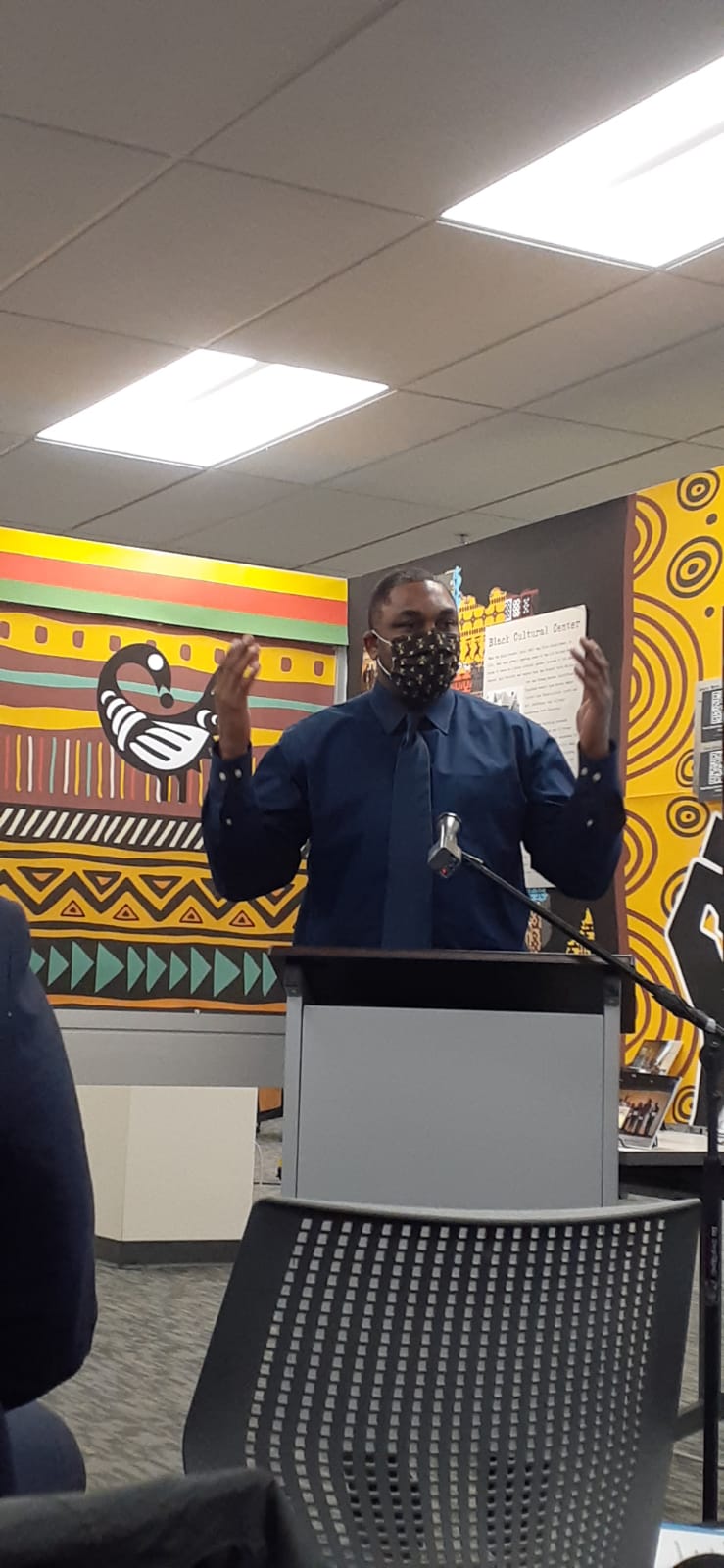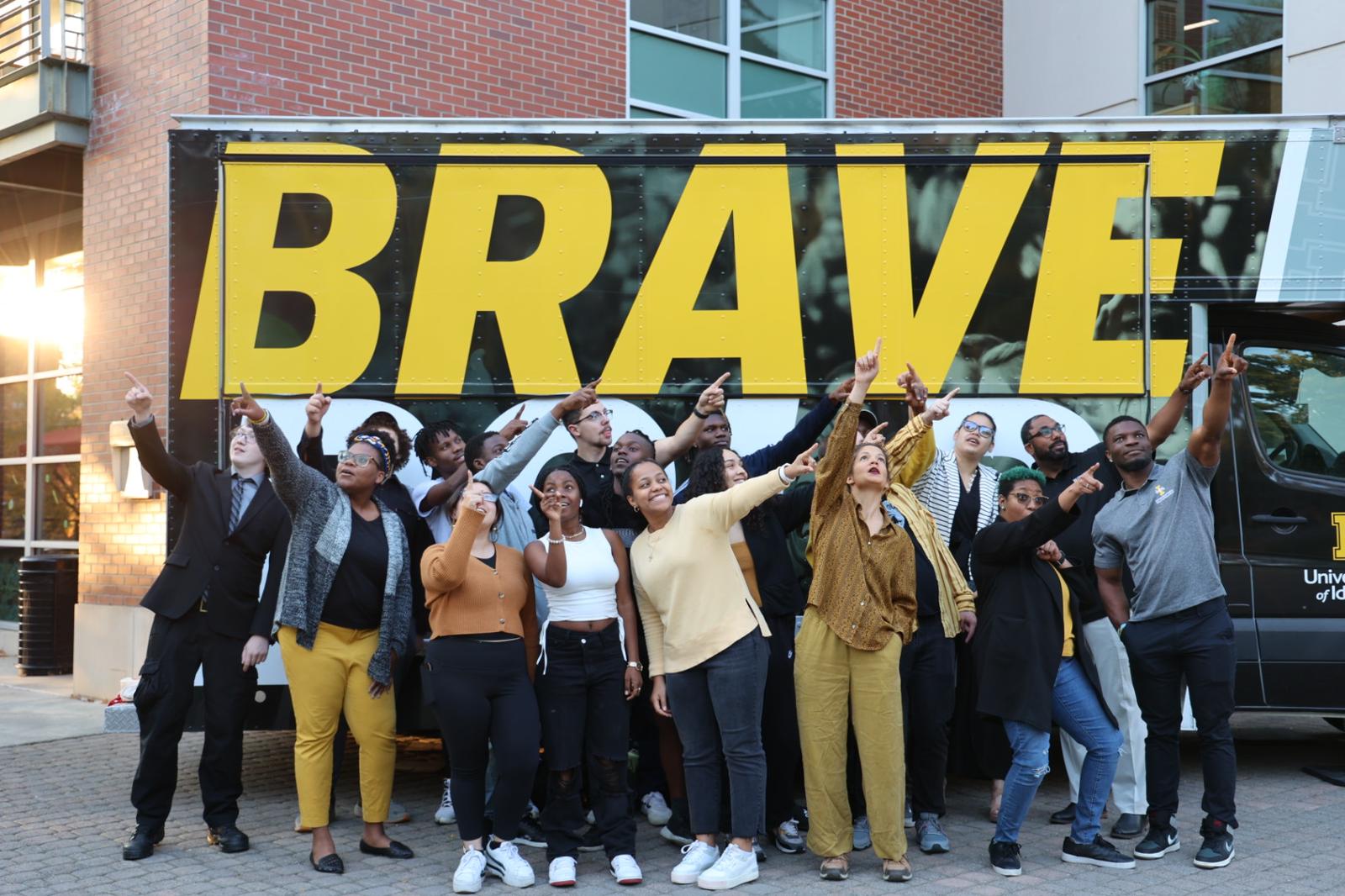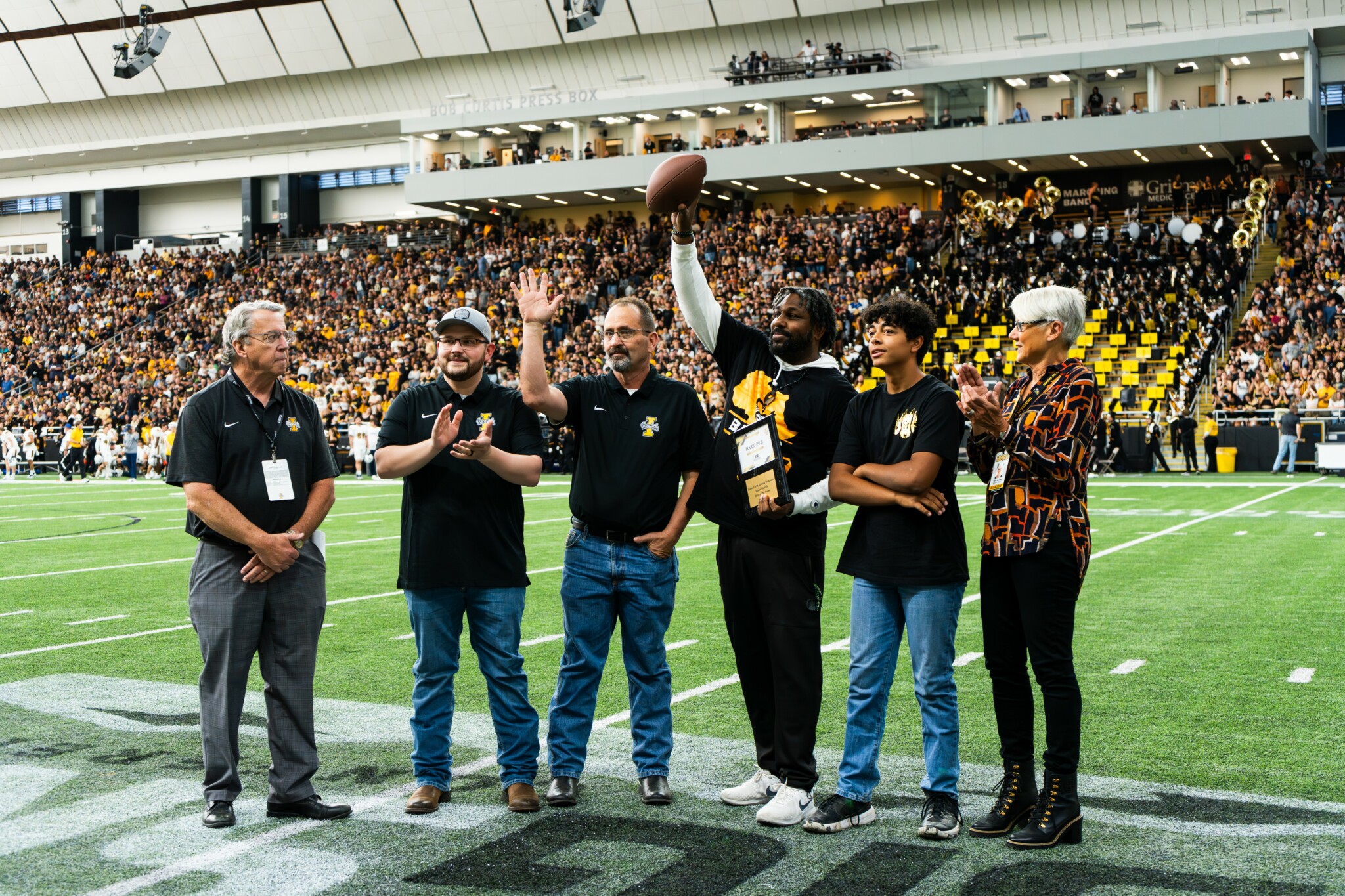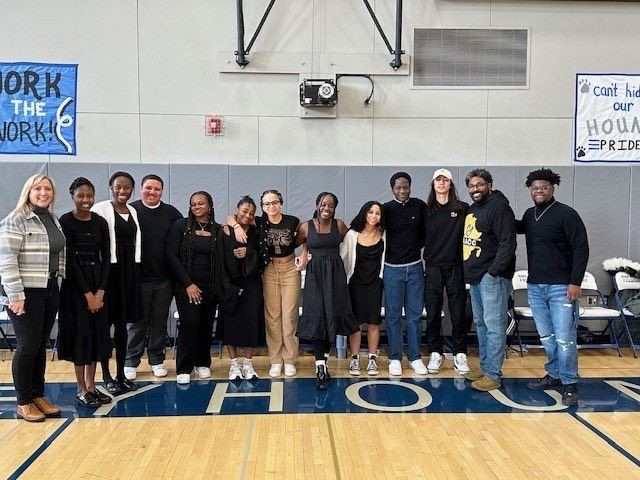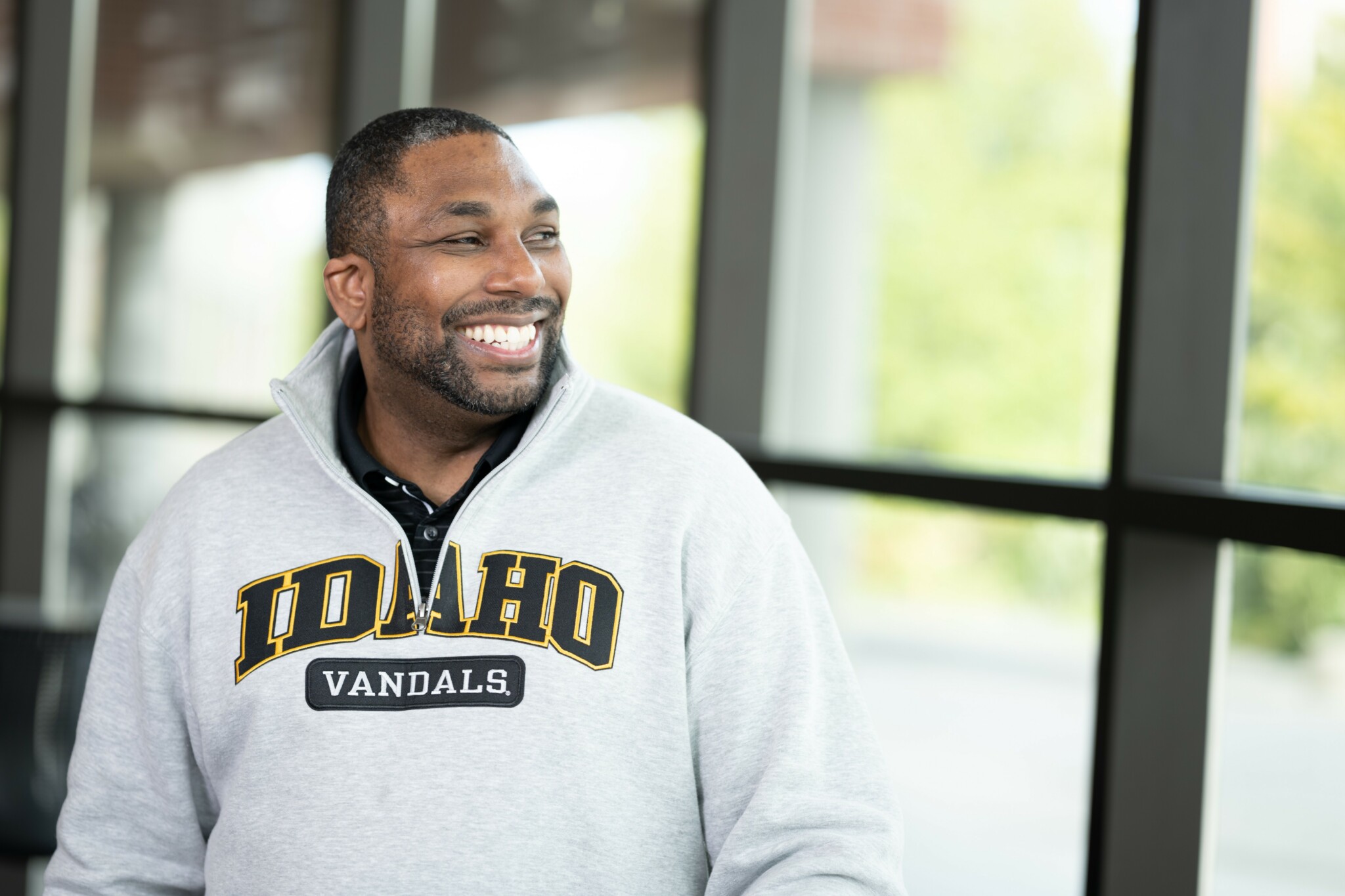We caught up with the brilliant and insightful Mario Pile a few weeks ago and have shared our conversation below.
Mario, appreciate you joining us today. Can you open up about a risk you’ve taken – what it was like taking that risk, why you took the risk and how it turned out?
Three years ago, I was made aware that the University of Idaho was going to be hiring a director to run their new cultural center focused on Black students. At the time I lived in Boise, Idaho where I had a great job working with Veterans, a great place to live, all my debt paid off, great group of friends, my mental and physical health were intact, and life was in a good place. Yet didn’t live close to my son. Who lives closer to Moscow than Boise. I spoke to my son about me applying for the job, which he was 12 at the time if he thinks I should apply. He let me know that he would be very happy if I would apply and if offered to take the job. The risk of moving to a small rural predominantly white town with almost no diversity, no friends or family in this area. To take on a job that doesn’t exist anywhere else in Idaho. Having to start all over again. Although our state board of education on December 18th, 2024, voted to ban our cultural center existing and now having to change jobs to something I didn’t come up here with. Yes, I am in credibly sad, disappointed, angry with the system and decision. I am also, thankfully that I live closer to my son and able to attend more of his games, visit his school from time to time and hopefully he is happier that I am here closer.
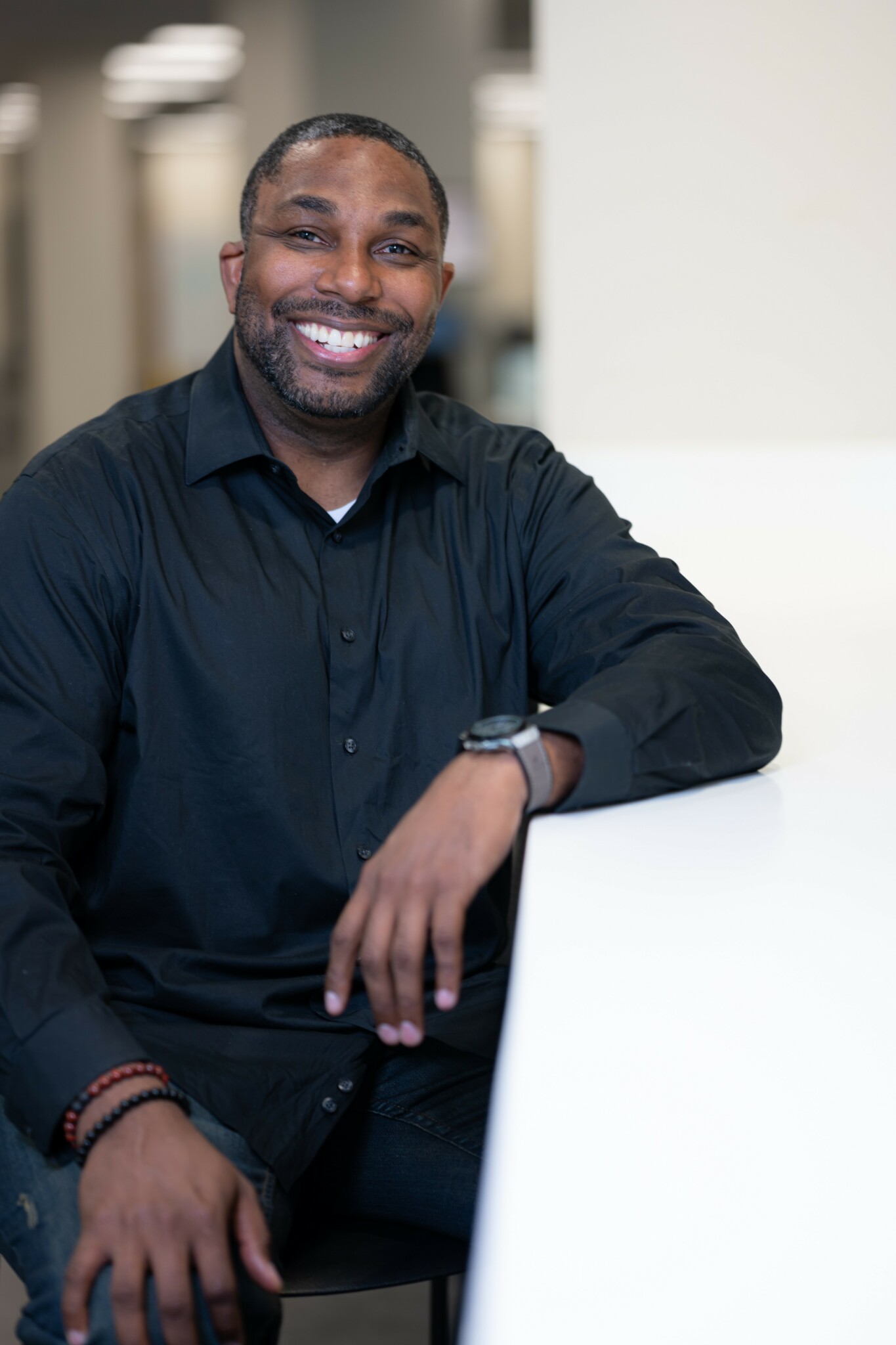
Mario, before we move on to more of these sorts of questions, can you take some time to bring our readers up to speed on you and what you do?
I am a Black father of a teenager in rural Idaho, whose son is bi-racial. I am the 8th child of 10 children to Patricia and Peter Pile, and the youngest son. I have 7 sisters and 2 brothers, growing up with so many sisters gave me perspectives that I realize are not common to the average person. Grew up in a Catholic/Black Baptist household. Also, I was an athlete and played so many sports. Mostly basketball, starting at 8 I played almost every day of my life. I eventually joined the Air Force in Dec. 2002 and served 20 years. Six years in active duty and 14 years in the Idaho Air National Guard. Had the opportunity to be stationed in Okinawa Japan at Kadena AB for two years. Traveled the world visiting places like South Korea, Guam, UAE, and Kyrgyzstan overseas and many states. Before joining the Air Force, a childhood friend of mine Justin was gunned down in his car and left to die when we were 20. That was a huge loss and hit me hard. Because of that, I wanted to work with youth, but I didn’t know how and what that would look like. After leaving active-duty Air Force, I got connected with juvenile corrections as a contractor supporting and facilitating religious material and services and making mentorship connection. That was the door that set me on the path of working with at-risk youth for about 10 years. Starting in Juvenile Corrections for 4 years, then 5 years with Idaho Youth Challenge Academy and then 1 year with the Idaho Youth Ranch. I stepped away and took a different path into higher education. I started my journey as a development officer at Boise State University. After a year and half in that roll, I eventually became the project director of veterans upward bound. I left Boise to take a job at the University of Idaho as the inaugural director for the Black and African American Cultural Center. In the midst of all this, I became public speaker and workshop facilitator which are my side jobs. I love being able to create spaces for difficult conversations where people feel brave and safe to share hard thoughts and feelings to produce an outcome of great understanding moving forward. I speak and provide trainings around values, biases, beneficial discipline, creating a sense of belonging, topics also on masculinity, Black masculinity, by delving into questions and challenging individuals’ perceptions of self and others. I challenge my students to think about healing, about what does success look like for them, that if they want different outcomes what are the different things are they willing to do and sacrifice. I add a spiritual dynamic to everything I do.
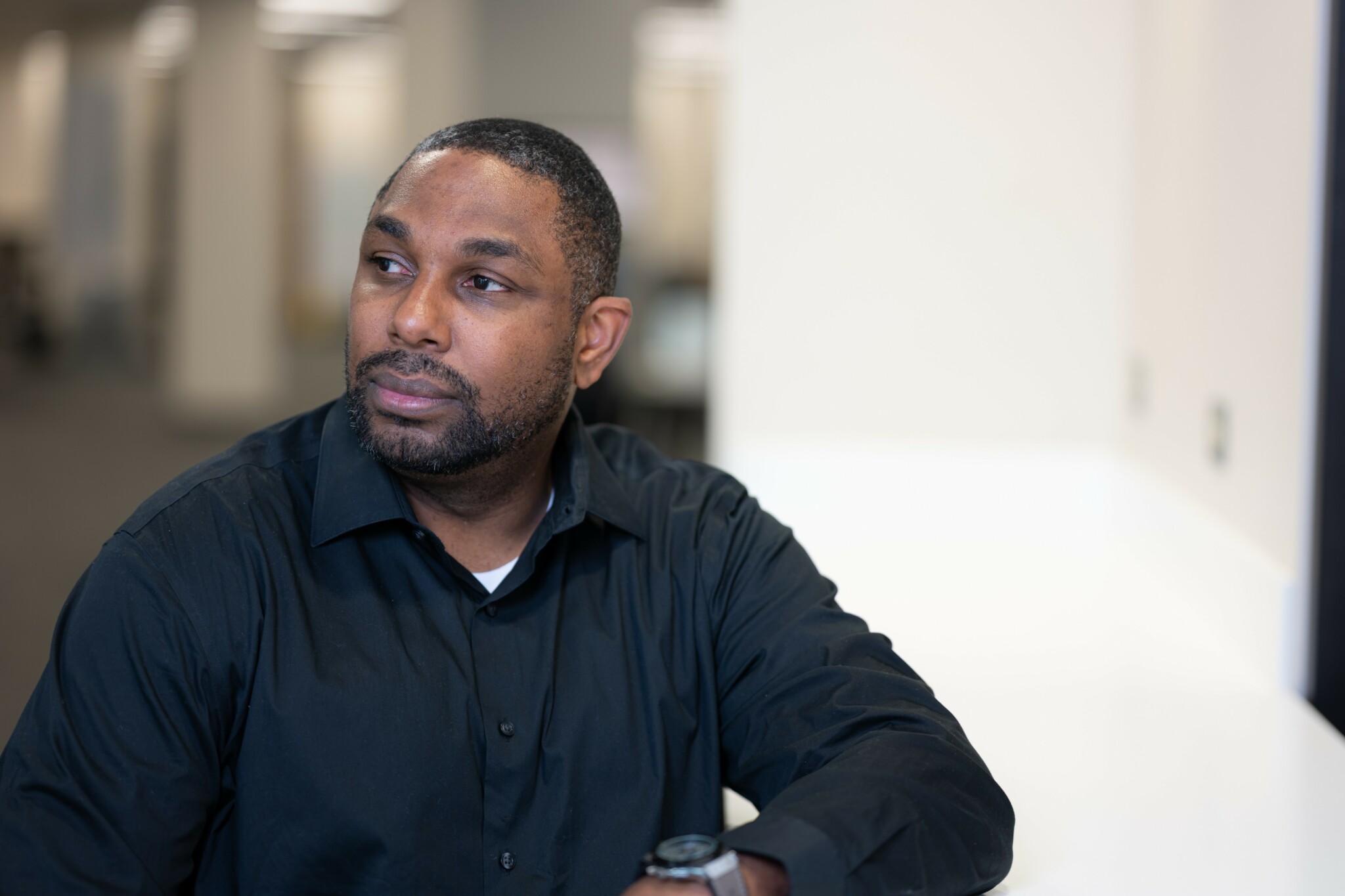
We often hear about learning lessons – but just as important is unlearning lessons. Have you ever had to unlearn a lesson?
I graduated high school with a 4th grade reading level and 3rd grade math level. Much of my life I believed I was not smart and that all I could probably do in life was something around sports or join the military which as a kid I didn’t want to. Now, by the grace of the Divine and the encouragement of so many amazing people, I work in higher education and have a master’s in educational leadership. I had to unlearn the false and negative narrative that I was dumb and academically incapable. That belief has a very strong grip on me, and it was something that privately I would repeat to myself. In process of unlearning and relearning I found the value of healing through generational traumas, negative and false narratives, toxic behaviors I learned from my family like giving people the silent treatment. Also, leaning into values of discipline and how that can benefit me in times of struggle.
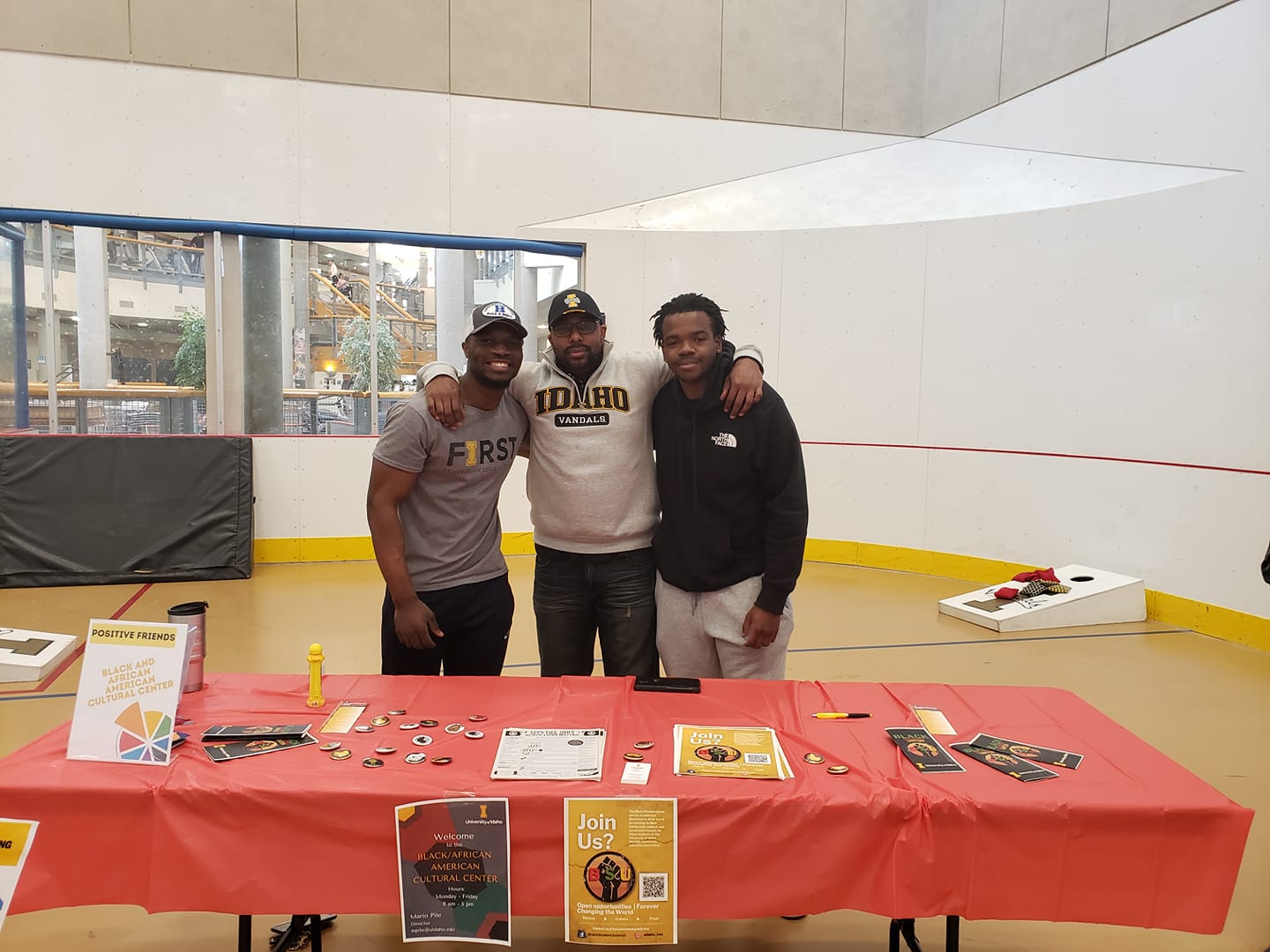
If you could go back in time, do you think you would have chosen a different profession or specialty?
If I could back, I would have pursued a degree in counseling and maybe along the lines of sports and education. Those where strengths in my life and instead of running from them because of negative stereotypes and not wanting to be limited by those stereotypes. Instead of running from them, I would have dived deeper into all those to gain greater understanding. Also, I would be more proactive in letting people know that I am a speaker for hirer.
Contact Info:
